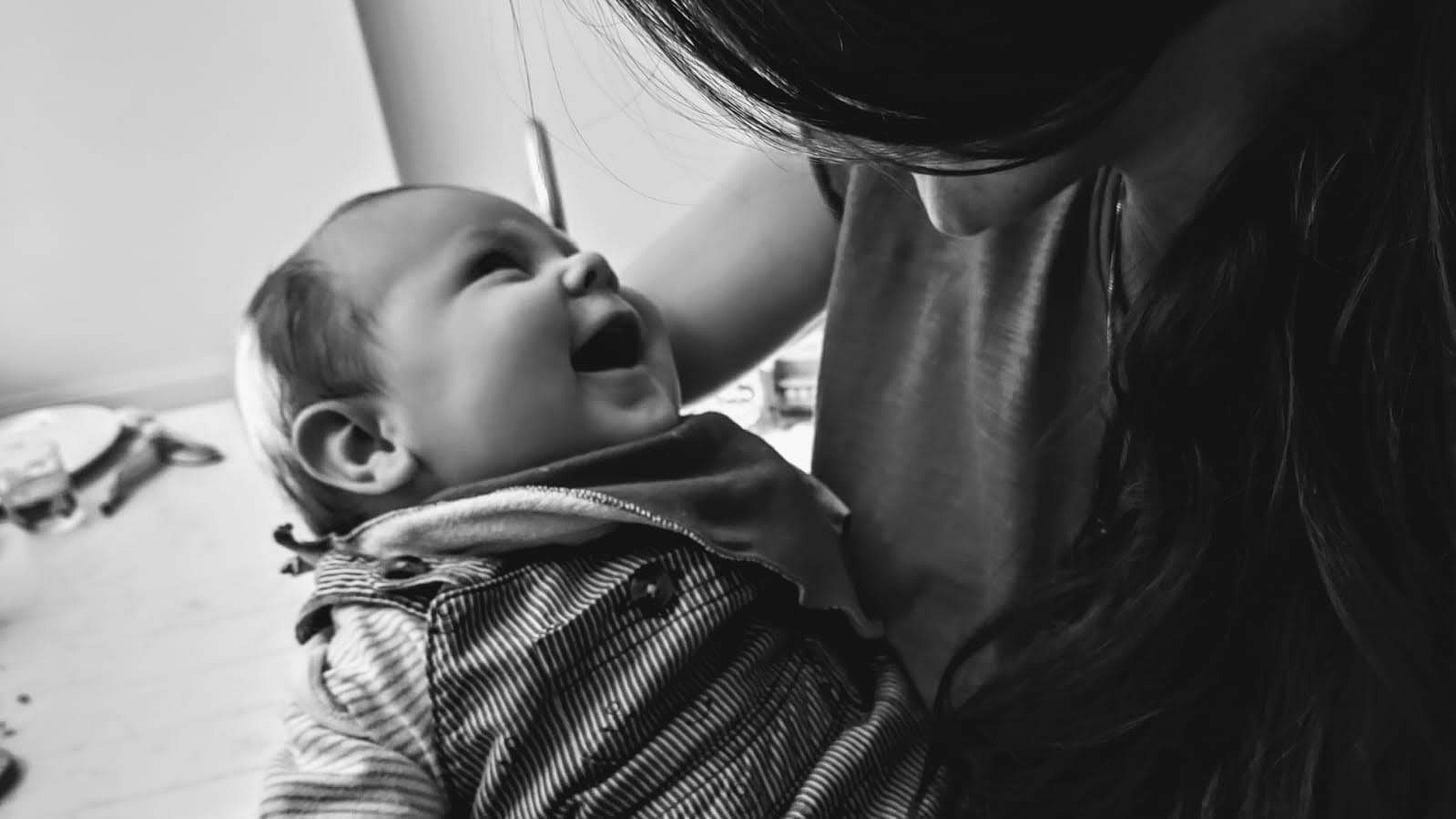In many countries the population is now at below replacement level, which is alarming many governments who are increasingly urging people to have more children - some even opting to pay young women to procreate.
With a fertility rate of just 1.44 children per woman, England and Wales are now experiencing their lowest birth rates since records began in 1938. This decline sits well below the 2.1 necessary to maintain population levels. Many countries are facing similar declines.
Last week in a newspaper article promoting the UK government's plan for 200 new nursery places across England, the education secretary said she hoped this would help couples to have more.
The thing is, it’s only in the last few decades that many households *require* a dual-income household to pay the bills, but policy to make childcare affordable hasn’t followed suit in the UK and the US. If childcare is more than an average salary, women - and it is usually women - often reduce their hours or opt out of work altogether, despite the fact that doing so will create an ever-widening pension gap and make it harder to re-enter the workforce in later years.
There’s a link between how much housework and childcare a man does, and the overall fertility rate of the country.
And so when these women do come back to work, it tends to be in lower-paid jobs. A childcare career gap isn’t exactly appreciated as good corporate experience, sadly, though we should all shout louder at how good parents are at juggling several tasks at once, highlighting how we become remarkably good at overcoming stressful situations in the process. (Research shows childcare often creates more stress than paid work, especially for those juggling both.)
Researchers have known for a long time that parents tend to be less happy than non-parents, but it’s less to do with the children themselves, it’s the lack of a village coupled with a lack of help available, that makes it feel impossible for many. In countries with greater social support, this happiness gap starts to disappear.
There’s another alluring reason that women are foregoing children, as I discovered when researching Breadwinners. Financial freedom gives us power and autonomy over our own lives - and having children diminishes our control. Mark van Vugt and his team argued in a recent paper that “activating a desire for status can lead people to prefer reproductive trade-offs that favour having fewer children, thereby predicting preferences for delaying both marriage and having a first child." Women now have more choices available to them in a way they didn’t just one or two generations ago, where childfree women were shunned as “spinsters”. (The caveat being it’s not a true or fair choice if it’s one between children or economic independence).
Then there’s a more practical reason too - women don’t necessarily want to become the project managers of the household if they can help it - it’s a role that tends to be thrust upon them when they become mothers. You also may not be surprised to know then that there’s a link between how much housework and childcare a man does, and the overall fertility rate of the country. In South Korea fewer women are having babies than elsewhere, and men score extremely low on how much they help with chores. In countries where men do more, fertility goes up. It’s perhaps a bit of a simplistic link, but it exposes the reality that childcare is overwhelming, so without support, it’s only natural that it might put women off having more.
The education secretary may therefore do better campaigning for flexible work and better paternity leave, because happier and well-supported mothers are beneficial for all of society to thrive.
I’ll be discussing this and more in an upcoming episode of Be A Happier Parent - do check it out.
If you liked this post, please consider sharing it with a friend.
As a reader of this newsletter you’ll already know that Breadwinners is out in August 2025 and available to pre order now - if you are interested in reading it, do consider a pre-order to please the algorithm that book stores monitor, and justify the many evenings I spent writing late into the night - and so I can sign off this post with a different message.





